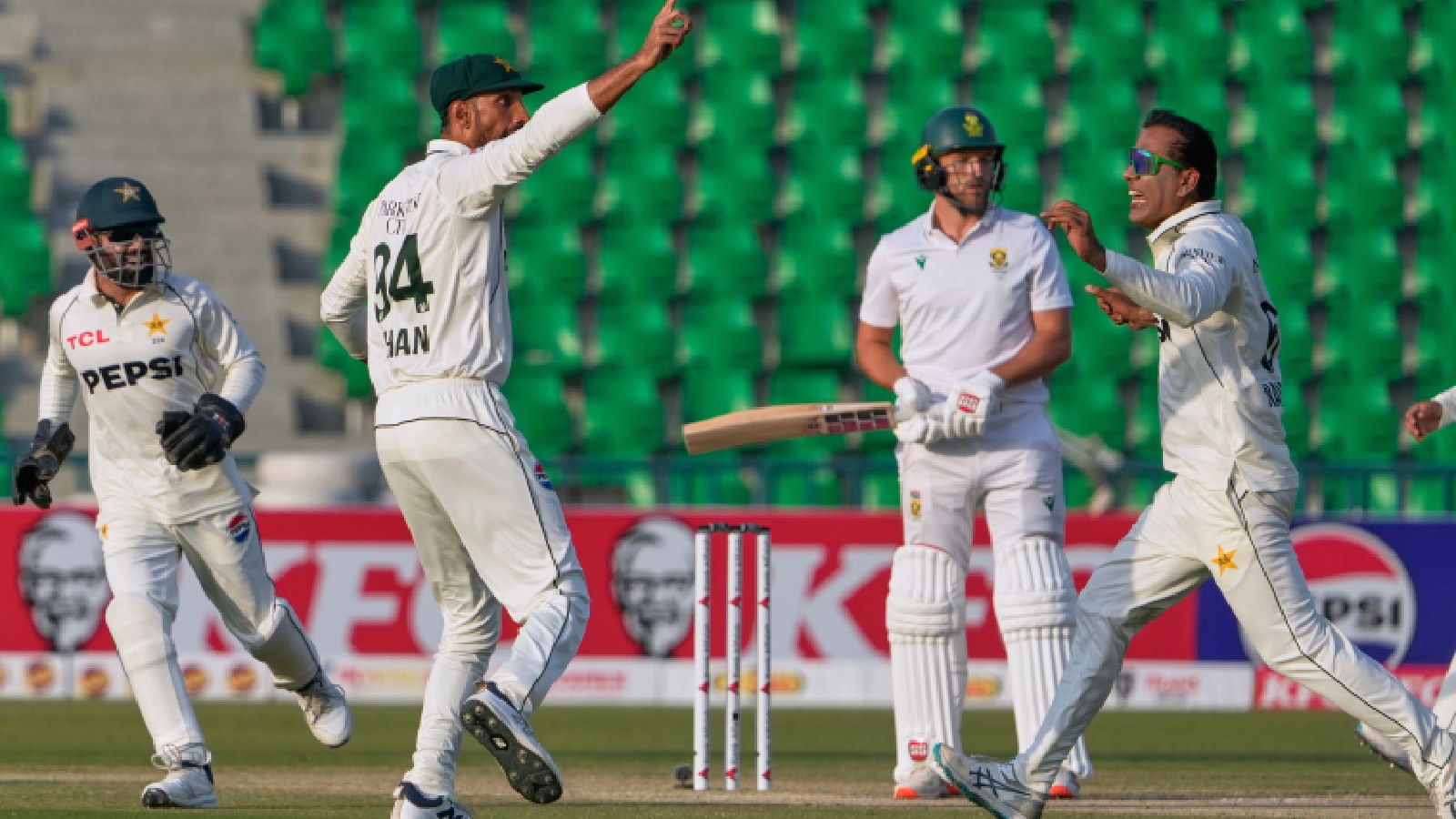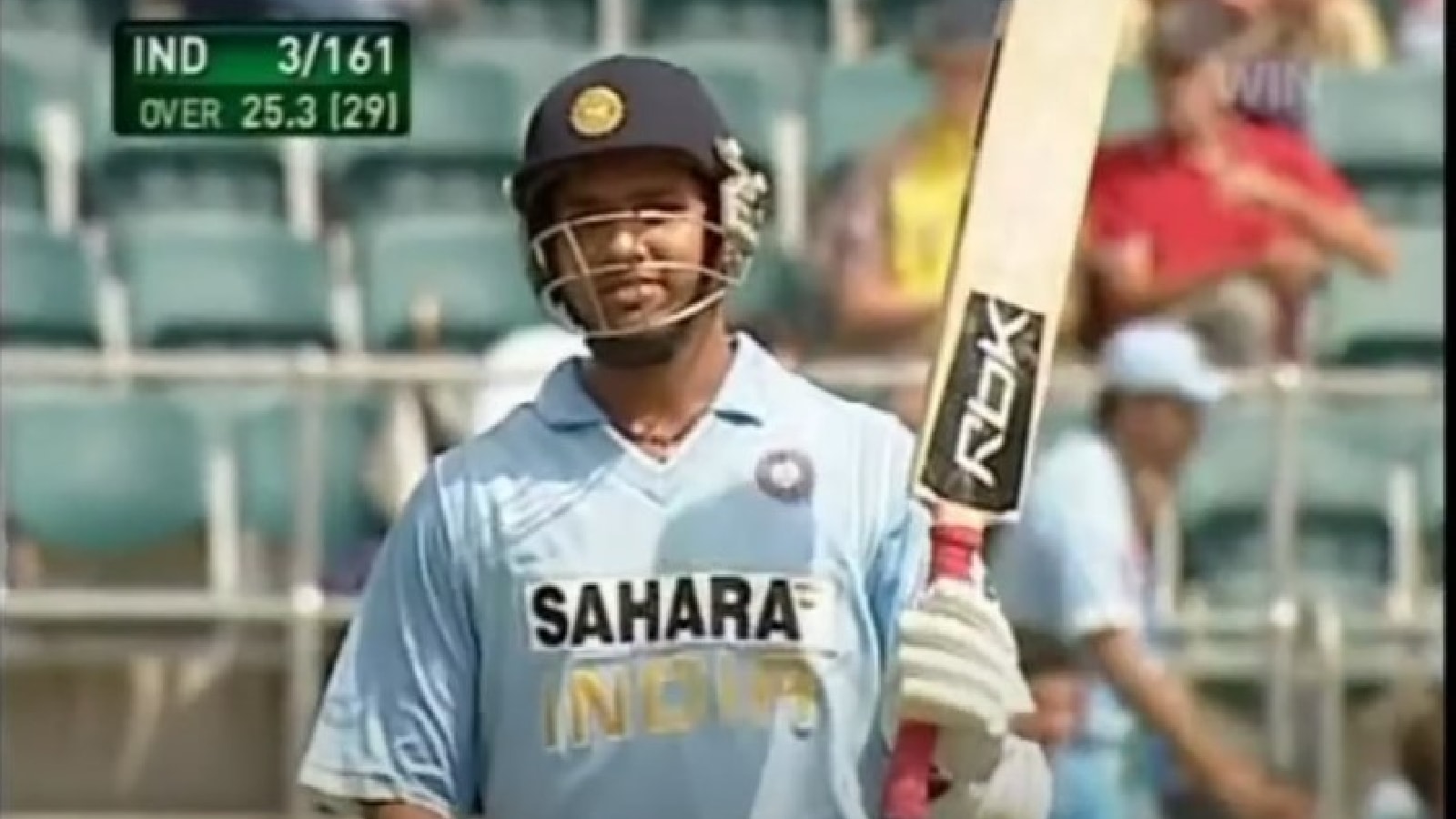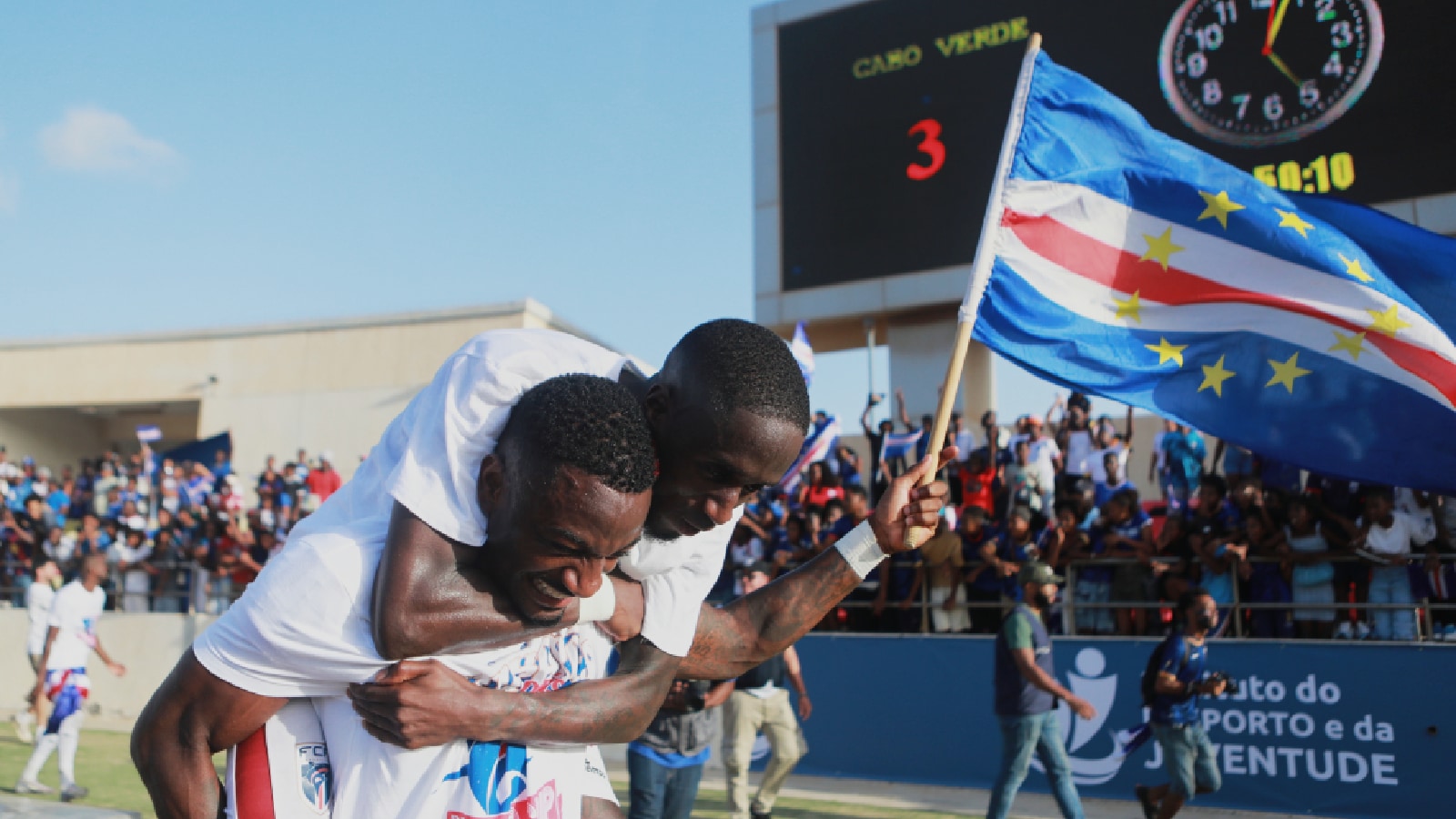ARTICLE AD BOX
An exhibition chess event in St Louis over the last weekend — called Clutch Chess: The Legends, which had former world champions Viswanathan Anand and Garry Kasparov facing off in 12 rapid and blitz games — came as a typhoon of nostalgia for chess fans. Three decades ago, the two were entwined by history that was written on the Observation Deck of the 107th floor of the South Tower of the World Trade Centre when they squared off for the PCA World Chess Championship crown.
The final game of both battles came fittingly on the same date, October 10. In 1995, when Kasparov had met Anand for the PCA World Championship, the sport was in a different place than it is today. As were both the protagonists who found themselves playing chess at a height of 1,310 feet with the city of New York playing a gorgeous backdrop.
Back then, the 26-year-old Anand was an emerging star who was making a name for himself by playing a heady concoction of fast and precise chess. But the 32-year-old Kasparov was a planet unto himself with a gravitational pull.
Story continues below this ad
The Soviet Union champion, who was already a five-time world champion besides being the World no.1, had already caused the world of chess to split by forming the Professional Chess Association (PCA), which then engineered a breakaway World Championship while the global governing body of chess, FIDE, ran its own.
These days, Anand is a FIDE deputy president besides being the man who has powered India’s current golden generation in chess. But back then, he was an outsider. Players from the Soviet Union, which had a hegemony in the sport, would dismiss him as a “nice guy”, a perception that was strengthened by everything that happened in New York against Kasparov.
For one, with Kasparov running the show in the PCA, which was setting up the 1995 showdown, Anand was never consulted on any decisions made for the event. He, in fact, only signed a contract days before the event, when his father took it upon himself to get something on paper from the organisers. By then, the prize fund for the event was slashed by 10 percent than originally stipulated. Anand was told late in the day that the venue for the match had shifted from Cologne to New York — by then, he had already made bookings for himself and his team of seconds (Ubilava, Artur Yusupov, Patrick Wolff, Jon Speelman) in the German city.
Before the first game, there was another shock in store for Anand: he was jolted by the news that Vladimir Kramnik was part of Kasparov’s team. Kramnik had been lined up by the Soviet chess machine as Kasparov’s successor, and was a formidable weapon to have in any team.
Story continues below this ad
Anand himself had prepared for his first challenge for the crown by barricading himself and his seconds at his Madrid home for a three-month-long training camp. But the Indian had also gotten too involved with other details.
As he noted in his autobiography Mind Master, he was negotiating with seconds himself besides booking his own flights and accommodation.
Anand invited close friends to join him in New York, thinking they would provide moral support. “For the high-strung tense encounter it turned out to be, this was, in retrospect, a hare-brained idea,” Anand wrote.
Kasparov vs Anand, 1,310 feet high
The usual fee to go to the Observation Deck back in 1995 was $15. To watch the Anand vs Kasparov match though, fans were paying five times as much. Anand recollects in his autobiography that even though Kasparov and he were behind a soundproof glass wall, he could hear the chatter of fans and footsteps of people walking. Occasionally, the commentary also drifted into their ears. But that was nothing compared to what he was getting from his opponent sitting across the board.
Story continues below this ad
Anand recollects in his autobiography that Kasparov came to the board after a defeat in Game 9 with “thoroughly unpleasant” tactics. Anand’s win was the first decisive result after eight draws. After that win, he had joked to the chief arbiter that “he had pulled a tiger’s whisker”.
He was right. A wounded Kasparov responded by winning four of the next five games before sealing his sixth world title with a 12-move draw in game 18.
“Kasparov returned an ill-tempered, marauding highwayman in the 10th game. He banged his pieces on the board, leapt out of his chair after making moves, and occasionally walked out of the room, slamming the door behind him. It was presumably an effort to rattle me and I found it thoroughly unpleasant,” Anand wrote.
Kasparov would also make faces during games. Anand’s camp had reportedly told the press that the Indian would not tolerate the shenanigans. But when the games were played, Anand just ignored them, which was also another reason that he was called a “nice guy”, sometimes a backhanded compliment.
Story continues below this ad
Later, in an interview with Dutch journalist Dirk Jan ten Geuzendam, Anand was asked how much he was impacted by his opponent’s propensity to make faces during the game. “I was used to ignoring it. What else can I do? As long as he does it legally, I cannot do anything about it. Ultimately. he didn’t bother me that much… As long as my position is okay, I find this more amusing than anything else. Especially in the games where he pulled amazing faces. When I realised that he was bluffing, it made it look just silly, not frightening,” Anand retorted.
For good measure, Anand also said: “I can make faces also. But I feel silly doing this.”
Anand’s ability to stay true to himself and not resort to Kasparov-esque tactics earned him universal praise.
Leigh Walker and Brian Karen, writing for the Internet Chess Club at the time, noted: “The challenger presented himself with great dignity and is an excellent representative of chess sportsmanship. Not only is he obviously a great player, but is also modest and a real gentleman almost universally liked, even by his opponents.”
Story continues below this ad
Anand, though, did not take too kindly to his opponent’s door-banging tactics.
“Banging the door was a bit rude. The face-pulling is okay, but the door banging…” Anand complained to Ten Geuzendam. “I expected some kind of dirty trick… Kasparov is certainly not the best-behaved player. We chatted after every game I lost and he made a great deal about how friendly we were at the end. But of course, he doesn’t mention that after Game 9, he couldn’t bear to say a word. It’s a kind of friendship I would have lost if I had won the match. He doesn’t care. He wants to win. We’re just different personalities. I wouldn’t do this to my opponent, and I knew he would. This guy really wants to win. No question. No holds barred.”










 English (US) ·
English (US) ·